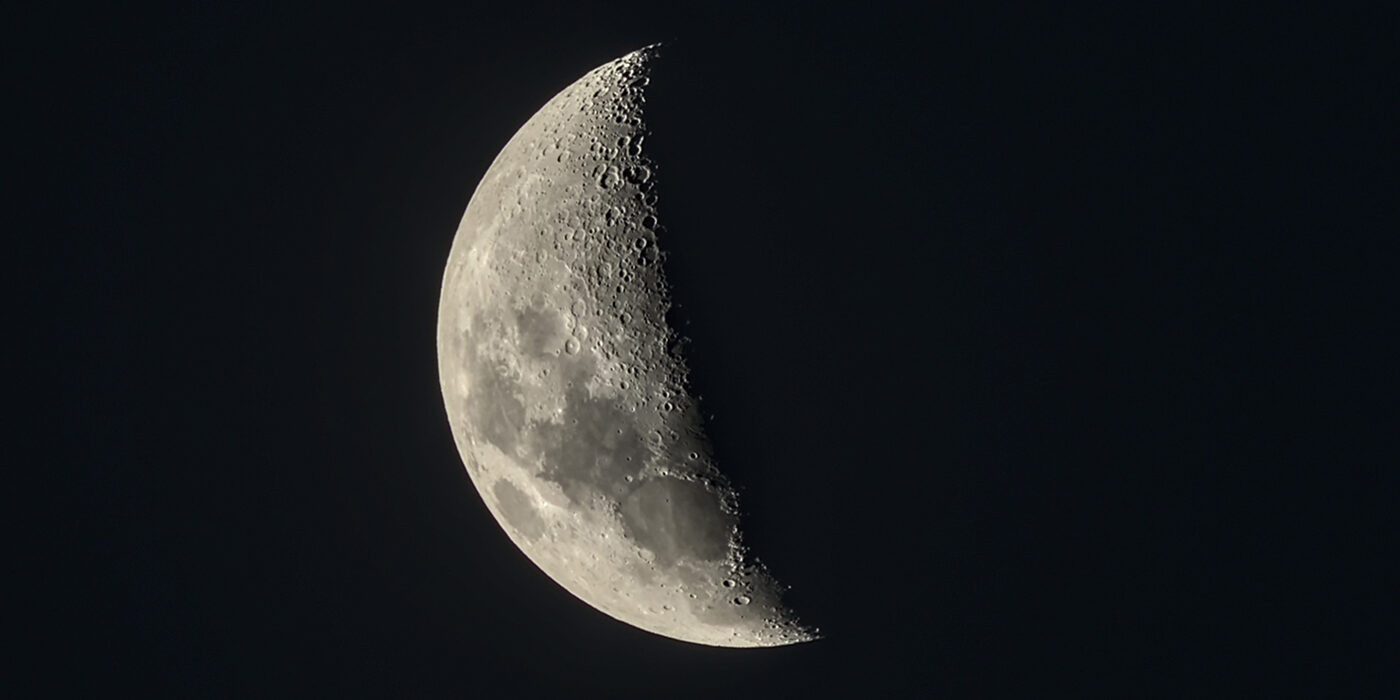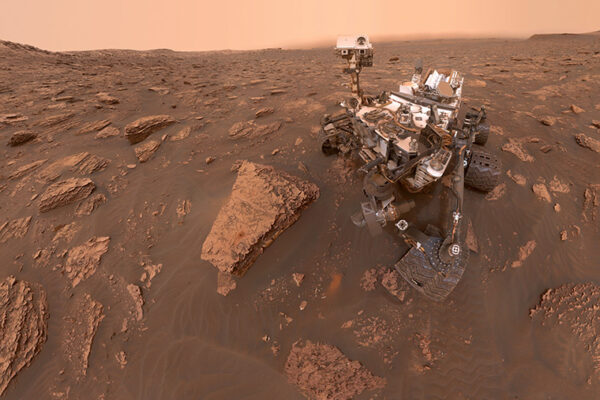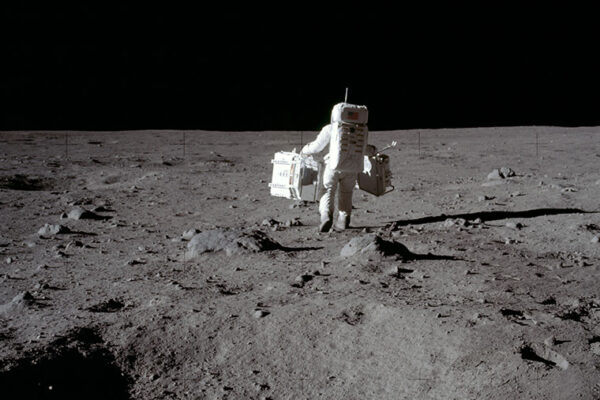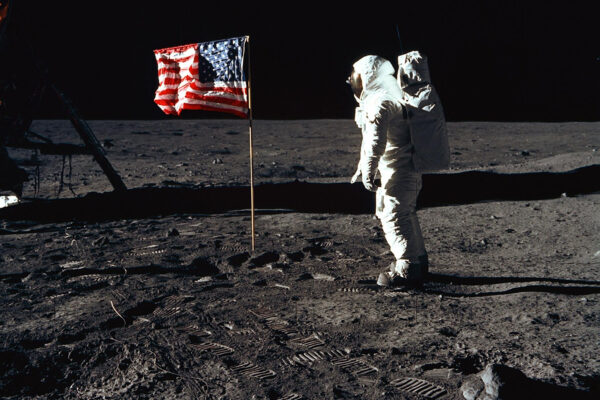Power and in-situ resources are two things humans will need as they explore deep space. How future astronauts use these commodities depends on the technology at hand. That’s why NASA is looking to U.S. universities — including Washington University in St. Louis — for lunar-focused research to bring about advancements in in-situ resource utilization and sustainable power solutions.
NASA announced March 8 that it has selected scientists at Washington University to build a rover-mounted drill sensor to quantify the 3D distribution of water at the moon’s south pole. A laser probe located at the bottom of the drill, capable of analyzing regolith, would quantify the amount of water and other chemicals present beneath the surface.

Principal investigator Alian Wang, research professor of earth and planetary sciences in Arts & Sciences, will lead the research team and reconnaissance instrument development under NASA’s first-ever Lunar Surface Technology Research (LuSTR) solicitation.
“Planetary exploration has been and will always be an enterprise that needs the joined forces of science and technology,” Wang said. “Washington University has the heritage, the brains and the energetic young people to contribute to these great adventures of humankind.”
Through LuSTR, NASA selected three university-led proposals to research innovative ways to identify resources, like water, on the moon, and inventive designs for extraction and utilization equipment.
“Our inaugural LuSTR opportunity targeted two technology areas within NASA’s Lunar Surface Innovation Initiative that are essential to the agency’s Artemis program, which will land the first woman and next man on the moon,” said Walt Engelund, deputy associate administrator for programs in NASA’s Space Technology Mission Directorate. “The systems developed by U.S. universities could make future exploration more accessible, robust and exciting.”
The farther human explorers travel into space, the more important it will be to generate products with local materials. Before large-scale technologies to collect, process and convert resources into usable supplies make it to Mars, NASA is researching and developing systems for the moon. Eventually, the agency aims to demonstrate in-situ resource utilization technologies on the moon, using it as a test bed for Mars.
The new lunar instrument is one of several that Wang and Washington University scientists have developed for flight. Wang has experience leading all phases of instrument development including hardware development, instrument science and field tests.
For this project, Wang teamed up with Bradley Jolliff, the Scott Rudolph Professor of Earth and Planetary Sciences in Arts & Sciences and director of the university’s McDonnell Center for the Space Sciences. Jolliff is a prominent lunar scientist.
The other co-investigators are Pablo Sobron and Evan Eshelman of Impossible Sensing, a company based in downtown St. Louis. Impossible Sensing has a track record of collaboration with Washington University scientists. Its CEO is a former Washington University postdoctoral scholar and several of its engineers graduated from the McKelvey School of Engineering or the Department of Physics in Arts & Sciences. The team believes that this new university-industry partnership will empower the commercial lunar surface activities under NASA’s Artemis program.

Wang is a faculty fellow of the McDonnell Center for the Space Sciences. The McDonnell Center, established in 1975 through a gift from aerospace pioneer James S. McDonnell, is a consortium of Washington University faculty, research staff and students, primarily from the departments of Earth and Planetary Sciences and of Physics, both in Arts & Sciences. They are working on the cutting edge of space science research.



